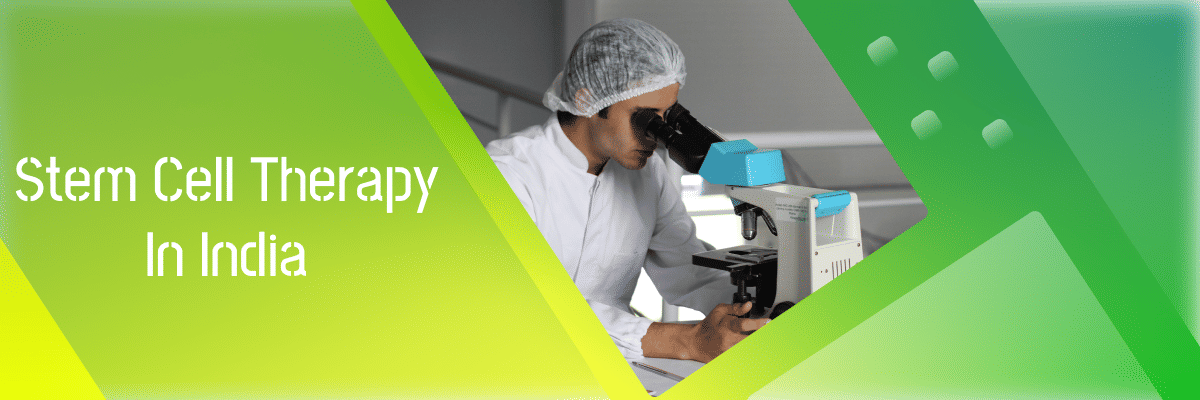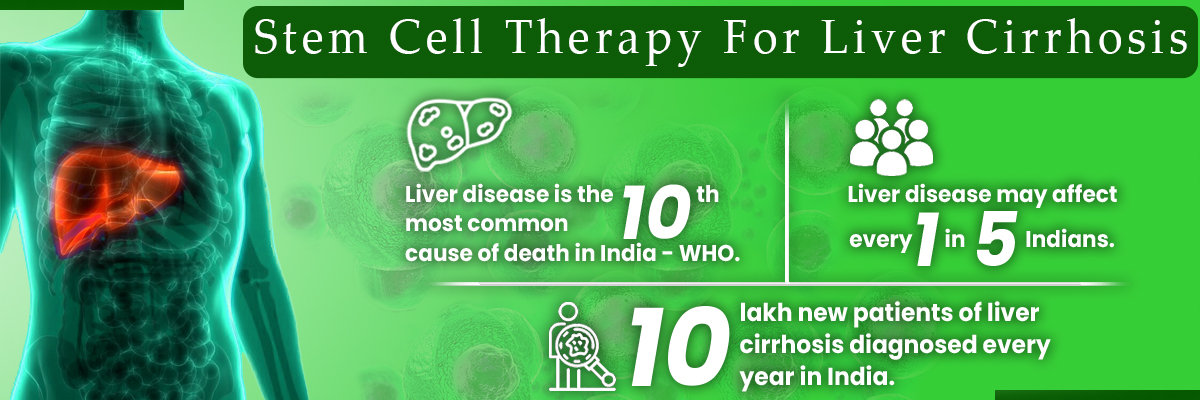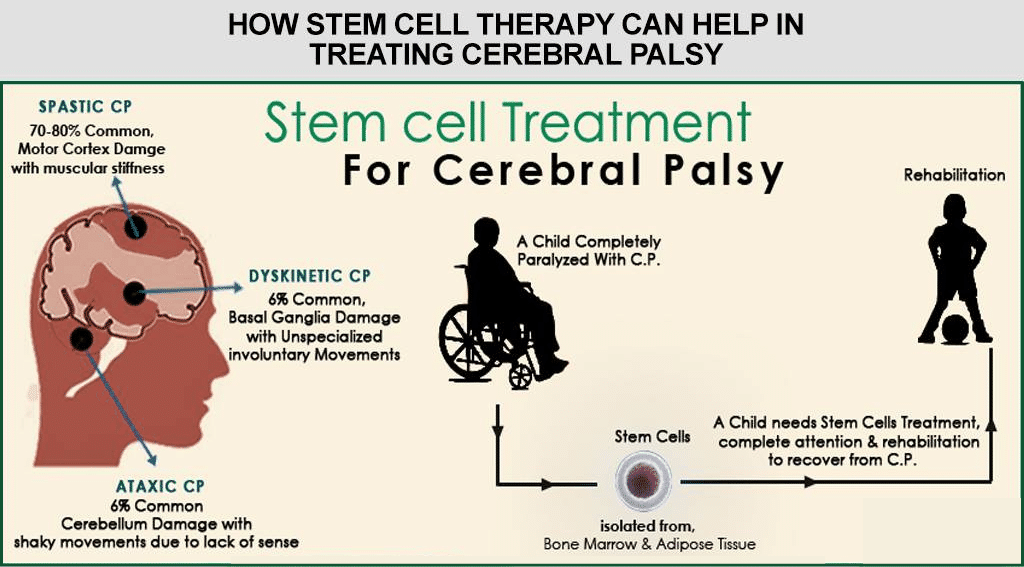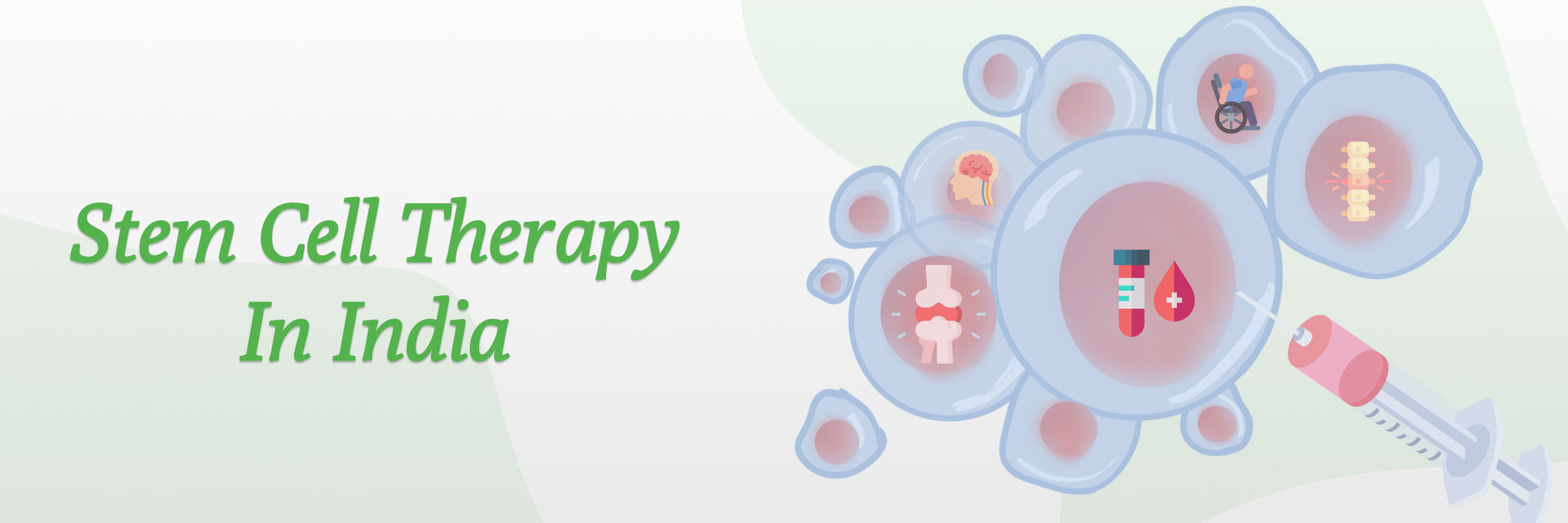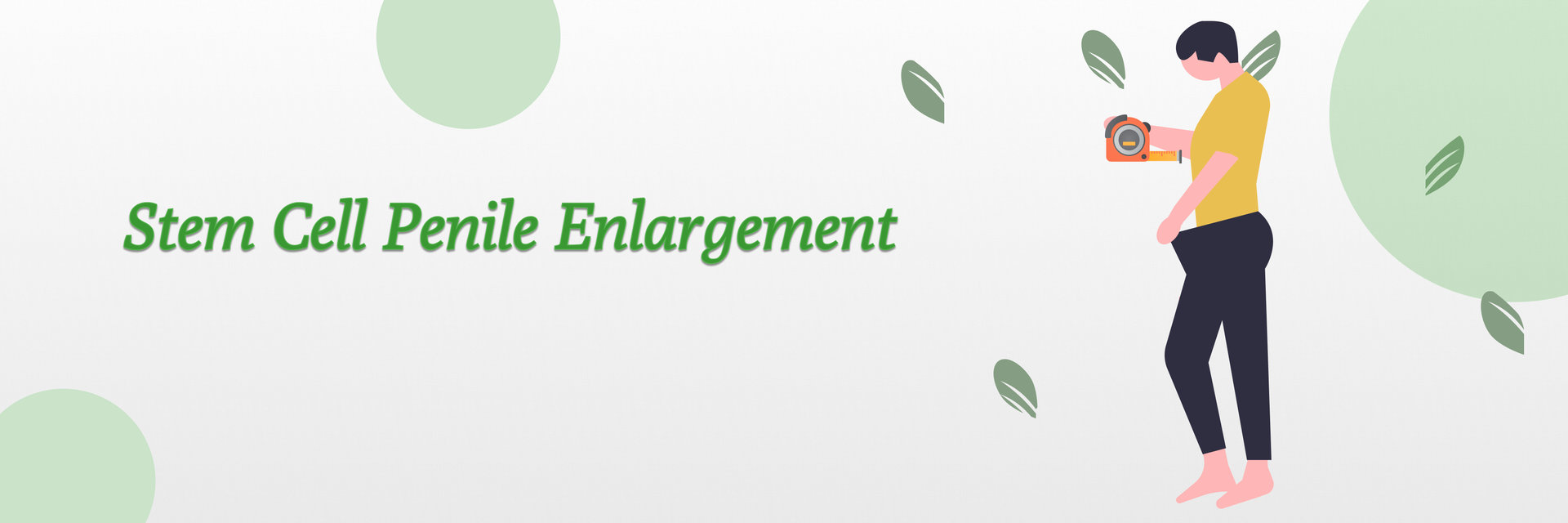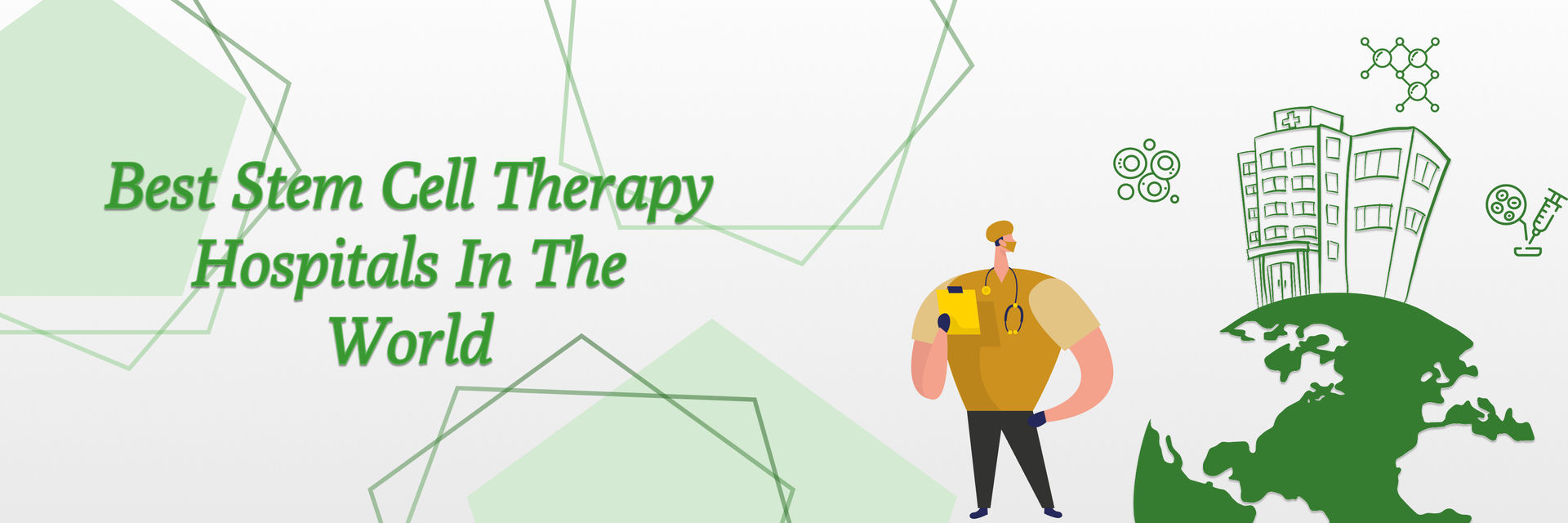Overview
In the fight against cancer, stem cell transplants have emerged as a powerful tool for restoring health and offering a chance at a cure. Often used in conjunction with chemotherapy, stem cell transplants provide a unique approach to rebuilding the body's blood cell production system, which can be severely damaged by high-dose chemotherapy.
This blog post delves into the world of stem cell transplants after chemotherapy, explaining the process, its applications, recent advancements, and crucial patient considerations.
Dr. Pradeep Mahajan, a leading specialist in stem cell therapy at StemRx Bioscience Solutions, emphasizes the importance of stem cell transplantation in cancer care. He explains, "Stem cell therapy after chemotherapy aims to replenish the body's blood-forming cells, helping patients recover and potentially achieve remission."
This innovative approach continues to advance, providing new avenues for patients to improve outcomes and quality of life post-chemotherapy.
Stem Cell Transplant Explained
Stem cell transplant, also known as hematopoietic stem cell transplantation (HSCT), is a procedure that involves replacing damaged or diseased blood-forming cells with healthy stem cells. These stem cells can be obtained from the patient themselves (autologous transplant) or from a donor (allogeneic transplant).
Definition and Types of Stem Cell Transplants
- Autologous Transplant: In this type, stem cells are harvested from the patient's body before undergoing chemotherapy. These cells are stored and later infused into the patient to rebuild the immune system and restore blood cell production.
- Allogeneic Transplant: Here, stem cells are sourced from a compatible donor, typically a family member or unrelated donor whose tissue type matches the patient's. This procedure requires careful matching to minimize the risk of rejection by the recipient's immune system.
The Impact of Chemotherapy
Chemotherapy drugs are potent weapons against cancer cells. It is integral to approximately 60% of cancer treatment plans globally. However, they often come with a harsh side effect: damage to healthy cells, including those in the bone marrow. This damage can significantly reduce the body's ability to produce new blood cells, leading to complications like anemia (low red blood cells), neutropenia (low white blood cells), and thrombocytopenia (low platelets).
Dr. Donald, a breast cancer surgeon in Mumbai, shared, "Chemotherapy is a critical component in the treatment of many cancers, but it comes with a range of adverse effects due to its aggressive approach to targeting rapidly dividing cells. "
How Stem Cell Transplant Works Post-Chemotherapy
A stem cell transplant, also known as a bone marrow transplant, offers a solution to this problem. The procedure involves collecting healthy stem cells and reintroducing them into the body after high-dose chemotherapy. These new stem cells can then travel to the bone marrow and rebuild a healthy blood cell production system. Over 80,000 stem cell transplants are performed annually, offering hope for recovery post-chemotherapy. Stem cell transplant serves to:
- Restore Blood-Forming Cells: The infused stem cells migrate to the bone marrow and produce new blood cells, including red blood cells, white blood cells, and platelets.
- Rebuild the Immune System: Stem cell transplants help rebuild the immune system by generating healthy blood cells, which is crucial for fighting infections and maintaining overall health post-treatment.
Stem cell transplant plays a critical role in providing patients with a chance to recover their blood cell production and immune function following intensive chemotherapy treatments.
Explore how stem cell transplant offers a renewed lease on life for patients recovering from chemotherapy.
Indications for Stem Cell Transplant After Chemotherapy
Stem cell transplant becomes a consideration for certain cancers and conditions post-chemotherapy, primarily for:
- Types of Cancers: Blood cancers such as leukemia, lymphoma, and multiple myeloma often necessitate stem cell transplants to replace damaged blood cells.
- Conditions: Severe autoimmune diseases like systemic sclerosis or certain genetic disorders may benefit from stem cell transplants to reset the immune system.
The Stem Cell Transplant Process After Chemotherapy
The process typically follows these steps:
- Pre-Transplant Evaluation: The patient undergoes health screenings and matching tests (if using a donor).
- Stem Cell Collection: In autologous transplants, the patient’s stem cells are collected. For allogeneic transplants, donor cells are sourced.
- Conditioning Therapy: High-dose chemotherapy (and sometimes radiation) is administered to eradicate the remaining cancer cells.
- Stem Cell Infusion: Healthy stem cells are infused into the patient’s bloodstream.
- Recovery and Monitoring: The patient is closely monitored for complications and signs of recovery.
High-Dose Chemotherapy with Stem Cell Transplant
High-dose chemotherapy is used to treat certain cancers, such as lymphoma, leukemia, and multiple myeloma, that don’t respond well to standard treatments. While this aggressive therapy destroys cancer cells, it also harms the bone marrow, which is crucial for making blood cells.
After chemotherapy, stem cells are infused to help restore the bone marrow's ability to produce healthy blood cells. These stem cells can come from:
- Autologous Transplant: Stem cells are taken from the patient before chemotherapy and returned afterward.
- Allogeneic Transplant: Stem cells are obtained from a donor.
Benefits: This method allows for higher doses of chemotherapy, which may increase the chances of eliminating the cancer.
Risks: Possible complications include infection and graft-versus-host disease (especially in allogeneic transplants) due to a weakened immune system.
Recovery: It can take several weeks or months for the bone marrow to fully recover and start producing new blood cells after the transplant.
Hospitals for Stem Cell Transplant After Chemo
1. Apollo Hospital:
- Specialties: It specializes in Cardiology, Oncology, Neurology, Organ Transplants, Orthopedics, and Bariatric Surgery.
- Services:It offers Comprehensive patient care, advanced diagnostics, minimally invasive surgeries, and telemedicine services.
- Notable Achievements: Pioneered the first successful liver transplant in India, recognized for excellence in medical tourism, and developed one of Asia's largest telemedicine networks.
2. Tata Memorial Hospital:
- Specialties: Tata Memorial Hospital in Cancer care and research.
- Services: It provides Radiotherapy, chemotherapy, bone marrow transplants, and cancer diagnostics.
- Notable Achievements: One of the most prestigious cancer research centers in India, pioneering work in cancer treatment, and significant contributions to cancer care for the economically disadvantaged.
3. Fortis Hospital:
- Specialties:It excels in Cardiology, Neurology, Orthopedics, Gastroenterology, and Urology.
- Services: Advanced emergency care, multi-organ transplants, and minimally invasive surgeries.
- Notable Achievements: Recognized for excellence in cardiac care, leading in robotic surgeries, and expansion into international healthcare services with a global network.
Benefits of Stem Cell Transplantation
Advantages of Undergoing Stem Cell Transplant Post-Chemotherapy
- Long-term Remission: Stem cell transplant can lead to prolonged remission or even cure in some cases, especially for aggressive cancers.
- Improved Survival Rates: Studies indicate higher survival rates among patients undergoing stem cell transplants than those receiving conventional treatments alone.
Risks and Considerations
Stem cell transplant after chemotherapy involves certain risks and considerations:
- Graft-versus-Host Disease (GVHD): In allogeneic transplants, the donor cells may attack the recipient's tissues, leading to GVHD.
- Infection: Patients are at increased risk of infections due to weakened immune systems post-transplant.
- Organ Damage: High-dose chemotherapy before transplant can damage organs like the liver, lungs, or kidneys.
- Infertility: Both treatments can cause fertility issues in both men and women.
Precautions and Monitoring
- Precautions: Patients undergo stringent infection control measures and may require isolation during recovery.
- Monitoring: Regular blood tests and imaging monitor for complications like infections or organ dysfunction.
Cost of Stem Cell Transplant After Chemotherapy
The cost of stem cell transplants varies widely based on factors like the type of transplant, the country of treatment, and hospital facilities. Costs can range from $100,000 to $500,000 in countries like the US. In India, the cost is significantly lower, ranging from ₹10 lakh to ₹25 lakh (USD 13,000-32,000). Insurance coverage, government subsidies, and financial aid options can help alleviate the financial burden.
Recovery and Follow-Up Care
Recovery Phase
- Early Phase: Patients experience fatigue, nausea, and possible infections as their bodies adjust to new stem cells.
- Long-Term: Gradual immune function and blood cell production recovery over several months.
Importance of Follow-Up Care
- Monitoring: Regular check-ups to detect complications early, such as infections or relapse.
- Supportive Care: Nutritional support and psychological counseling to aid recovery.
FAQs on Stem Cell Transplant After Chemo
Q: What is the recovery time after a stem cell transplant?
A: Recovery can take 3-6 months, but full recovery may take up to a year depending on the type of transplant and the patient’s health.
Q: Is a stem cell transplant painful?
A: The transplant itself is not painful, as it is similar to a blood transfusion. However, patients may experience discomfort from chemotherapy and side effects during recovery.
Q: Can a stem cell transplant cure cancer?
A: In some cases, particularly for blood cancers like leukemia and lymphoma, stem cell transplants can lead to long-term remission or even a cure.
Conclusion
Stem cell transplant plays a crucial role in post-chemotherapy care, offering many patients a chance for remission and improved quality of life. Understanding the risks, recovery process, and ongoing monitoring is essential for successful outcomes.
Considering stem cell transplant after chemotherapy? Talk to us today. Consult with healthcare providers to explore if this treatment option aligns with your medical needs and goals.
